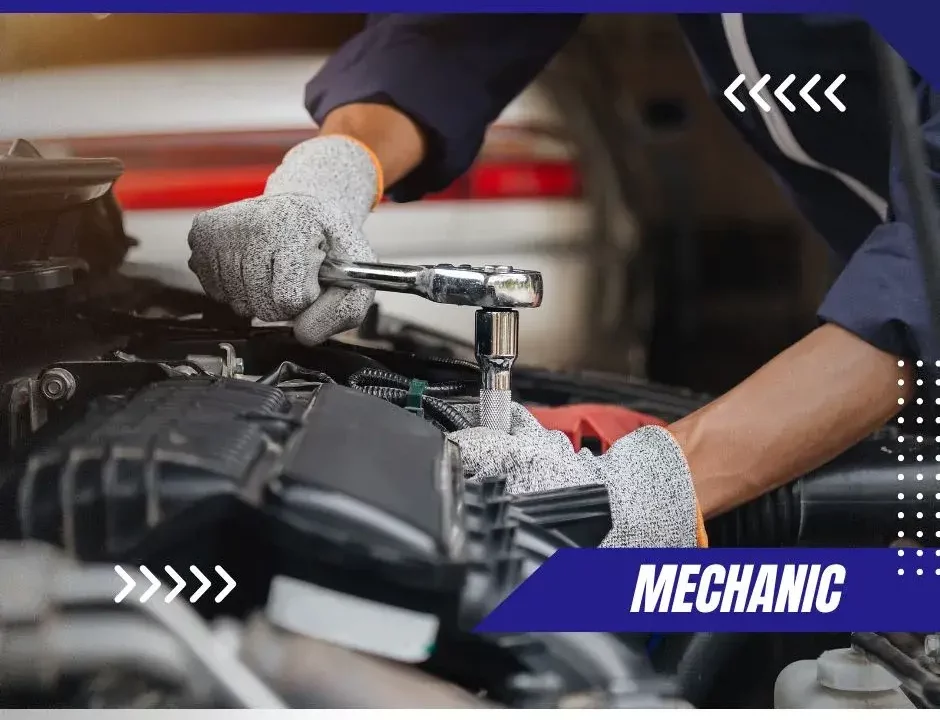
The Role of a Mechanic in Modern Society: Beyond Vehicle Repairs
November 22, 2023
Understanding Preventative Maintenance: A Guide for Car Owners and Auto Mechanics
November 22, 2023When your vehicle requires maintenance or repair, choosing the right mechanic is crucial. A skilled and trustworthy mechanic can keep your vehicle running smoothly, saving you time and money. However, not all mechanics are created equal. In this article, we’ll guide you through the process of selecting the right mechanic for your vehicle, highlighting key factors to consider and common pitfalls to avoid.
1. Credentials and Certification
When evaluating a mechanic, start by checking their credentials and certifications. A qualified mechanic should have the necessary training and certifications to work on your specific type of vehicle. Look for certifications from reputable organizations like the National Institute for Automotive Service Excellence (ASE).
2. Experience and Specialization
Consider the mechanic’s experience and specialization. Some mechanics specialize in certain makes or models, while others have expertise in specific types of repairs, such as engine diagnostics, transmissions, or electrical systems. Choose a mechanic with relevant experience to your vehicle’s needs.
3. Reputation and Reviews
Research the mechanic’s reputation and read customer reviews. Online review platforms and recommendations from friends or family can provide valuable insights into a mechanic’s trustworthiness and the quality of their work. Pay attention to both positive and negative feedback.
4. Transparent Pricing
Ensure that the mechanic provides transparent pricing and estimates. A reputable mechanic will offer a detailed breakdown of the costs, including labor and parts. Avoid mechanics who give vague or overly optimistic estimates, as these can lead to surprise expenses.
5. Warranty and Guarantees
Ask about warranties and guarantees for the work performed. A reliable mechanic should stand by their work and offer warranties on parts and labor. This provides peace of mind and ensures that you can return if any issues arise after the repair.
6. Communication and Customer Service
Good communication is essential. Choose a mechanic who takes the time to explain the repairs needed in a clear and understandable manner. Responsive and friendly customer service is a sign of professionalism and dedication to customer satisfaction.
7. Avoid Red Flags
Be wary of mechanics who pressure you into unnecessary repairs or those who lack transparency about the work being done. Also, avoid mechanics who do not provide written estimates or contracts. Trust your instincts and seek a second opinion if something feels off.
Conclusion
Choosing the right mechanic for your vehicle is a decision that can greatly impact your vehicle’s performance and your overall satisfaction. By considering credentials, experience, reputation, pricing, warranties, and communication, you can make an informed choice and avoid potential pitfalls. Remember that a trustworthy mechanic is an invaluable partner in keeping your vehicle in top condition.




